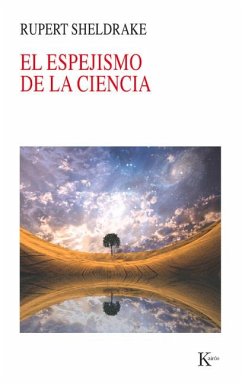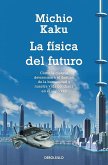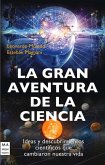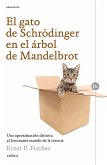In this compelling and challenging argument, biologist Rupert Sheldrake explains that the fundamental delusion of science is the belief that it has understood the nature of reality, that all of the fundamental questions have been answered and only the details remain to be ironed out. In an impassioned contention, however, Sheldrake demonstrates that science--true science, which should be skeptical and inquisitive--has been constricted by assumptions that have become dogmas. He scientifically tackles these dogmas--which include the belief that all reality is either material or physical, that the world is composed of dead matter, that nature has no purpose, that the conscience is merely a physical manifestation of the brain--showing that science would be immeasurably better without them: freer, more interesting, and more fun.
Hinweis: Dieser Artikel kann nur an eine deutsche Lieferadresse ausgeliefert werden.
Hinweis: Dieser Artikel kann nur an eine deutsche Lieferadresse ausgeliefert werden.








